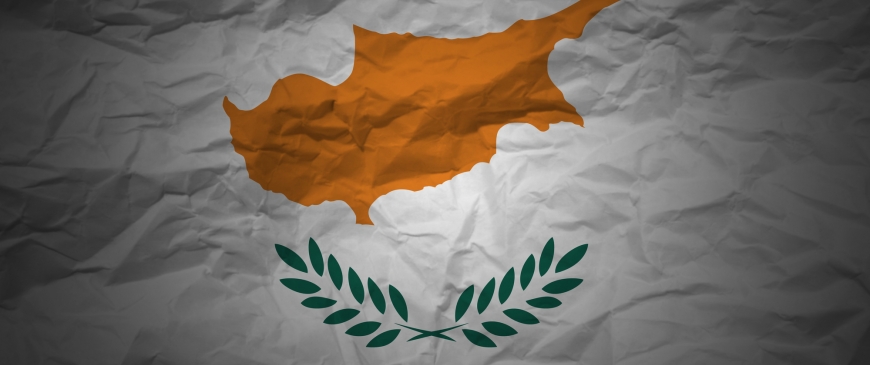
Cyprus needs to tax Russian deposit holders
The Cypriot parliament has rejected the initial bailout proposed by the eurozone countries and the IMF. MPs were outraged that small savers would be asked to contribute. Now Cyprus might have to choose between its close ties with Russia and its membership of the euro.
Cyprus has built its economic success on offshore banking and tourism. Its banks paid mouthwatering interest rates to attract money from abroad. No wonder the banking sector became bloated and is now eight times bigger than the economy. In this respect, the island is similar to Iceland – which went bust spectacularly in 2008. Cypriot banks are insolvent and Cyprus can't afford to prop them up. Hence an international bailout is needed.
The Germans and the IMF refused to put up the full €17bn Cyprus asked for. The Greek bailout showed that lending a country too much can make it buckle under the weight of debt. Cyprus was asked to come up with a third of the money itself. This is where the Russians come in.
Officially, 30%-40% of the money in Cypriot banks comes from non-residents, mostly Russians. That would imply that 250,000 Cypriot households have saved up the remaining €40bn. Unlikely. Russians use Cyprus not only to park their cash but also to register their businesses – often in a way that disguises the real owners. They then channel money back home: tiny Cyprus is the biggest foreign investor in the continent-sized Russian economy.
The Russia connection matters for two reasons. First, in its attempt to cobble together a contribution to the bailout, Cyprus decided to put a levy on local bank deposits. Most media accounts of the talks report that it was the president, Nicos Anastasiades, who insisted on imposing a levy not just on big deposits but also on those under €100,000 – although these are supposed to be protected by a deposit guarantee, like everywhere else in the EU. The other eurozone countries and the IMF should never have allowed this to happen. Breaking the deposit guarantee undermines confidence not only in Cypriot banking but also in other eurozone countries. Anastasiades faced the unpalatable choice between angering small Cypriot savers or big Russian ones.
The Russian connection also matters for German politics. Usually, Chancellor Angela Merkel can rely on the opposition Social Democrats to help pass bailouts in parliament(a bunch of her own MPs tend to abstain or vote no in protest). But with only months to go before a general election in Germany, the opposition does not want to be seen voting alongside the government any more. Although the Social Democrats preach pro-European solidarity, they argue that Cyprus is a special case: why would German Social Democrats support what they see as a Russian-owned, floating tax haven? Merkel's hands are tied more tightly than usual.
On Friday afternoon, the Cypriot government was working on an alternative plan: instead of taxing deposits, it wants to nationalise pensions and borrow money against Cypriot gas reserves, gold and church property. This would mean taxing future generations to spare deposit holders who have benefited handsomely from high interest rates and low taxes.
Would it not be fairer to tax foreign deposit holders? They could then be compensated by the Russian government, which sits on over half a billion dollars of foreign exchange reserves. When Iceland went bust, the British taxpayer compensated British customers of Icelandic banks.
Such a course of action would spell the end of Cyprus as an offshore centre for Russian finance. But with a more manageable and well-managed banking sector, Cyprus could demand European solidarity in the future.
